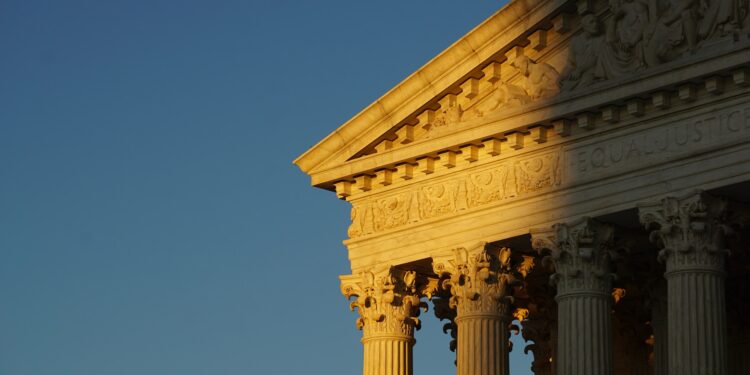
The Department of Justice (DOJ) recently made a significant decision regarding the Department of Government Efficiency (DOGE), restricting the number of its employees with access to a critical federal payment system. This move comes after a legal battle initiated by multiple unions seeking to prevent certain individuals, including DOGE-affiliated employees, from accessing the Treasury Department’s Fiscal Service system, which processes the vast majority of federal payments.
Under the new directive, only two “special government employees,” Tom Krause, CEO of Cloud Software Group, and Marko Elez, are permitted access to the system, but with limited, read-only permissions. They can view information, but cannot alter or make changes to the system. This decision stems from a proposed court order following a lawsuit filed by several unions against the Treasury Department.
Elez, however, resigned from his position shortly after the Wall Street Journal reported on his racist social media posts, further complicating the issue. His resignation came just a day after the DOJ’s order, signaling the level of scrutiny placed on DOGE-affiliated individuals involved in this case.
The lawsuit, filed by the Alliance for Retired Americans, American Federation of Government Employees, and Service Employees International Union, accuses Treasury Secretary Scott Bessent of improperly granting access to sensitive federal financial information to Musk and his associates. The unions claim that such access violated the privacy rights of millions of Americans whose personal and financial information is housed within the Treasury system.
The unions argue that this unprecedented intrusion into personal privacy cannot be justified, especially given the fact that millions of citizens are unknowingly compelled to engage in financial transactions with the federal government. They insist that these citizens have a right to trust that their sensitive data is safeguarded in accordance with federal law, particularly against unauthorized access by individuals affiliated with private entities.
This controversy highlights growing concerns over government transparency, data privacy, and accountability, particularly under the Biden administration. With the potential for further legal action pending, the case is a reminder that oversight and safeguards are crucial in protecting the rights and privacy of American citizens from government overreach.
